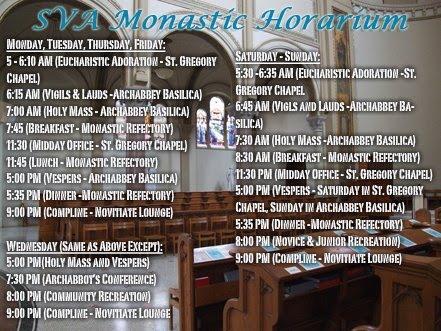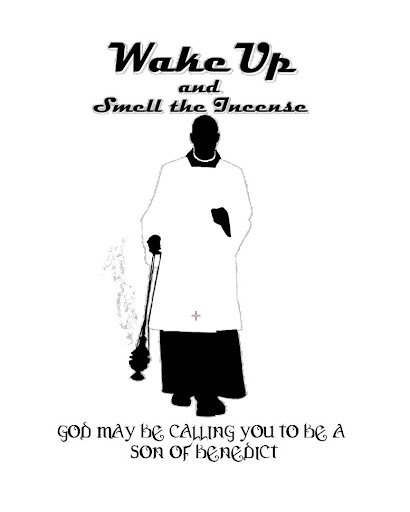 Carnegie native monk is 'regular' guy with lofty goals
Carnegie native monk is 'regular' guy with lofty goals By Becky Shetler
TRIBUNE-REVIEW NEWS SERVICE
Thursday, August 28, 2008

He might not have realized it at the time, but the seeds of Carnegie native Andrew Kurzawski's vocation were planted in him more than a decade ago.
"I was so fortunate when I was growing up at SS. Simon and Jude. It was the largest Catholic school in the diocese," Kurzawski said. "There were young, vibrant priests, and they played sports with us. They were guys you could relate to. I didn't see them as just priests."
"I was so fortunate when I was growing up at SS. Simon and Jude. It was the largest Catholic school in the diocese," Kurzawski said. "There were young, vibrant priests, and they played sports with us. They were guys you could relate to. I didn't see them as just priests."
"They were regular men living an exemplary life, guys trying to do the will of God in their lives. They chose to follow Christ as priests."
With nearly 175 monks in the community, St. Vincent Archabbey in Latrobe is Kurzawski's home now.
Known by the religious name Brother Gabriel Myriam, Kurzawski joined St. Vincent -- the first Benedictine monastery in North America -- 13 months ago.
Kurzawski professed his first vows during vespers for the feast of St. Benedict on July 10. The ceremony marked his first year in monastic life.
During the past year, Kurzawski studied the rule of St. Benedict, learned to pray and sing the psalms and studied church and St. Vincent history.
In July, he plans to renew his vows, and then after three to five years, he will take his final vows. He is studying to be ordained to the priesthood.
"Overall, I'm extremely happy," Kurzawski said. "I haven't found this type of joy in anything else I've done."
He explains that God calls people in different ways.
"It's important to see if you are called to be a married man or woman or a brother sister or deacon," Kurzawski says.
"God calls Catholic visionaries to all different vocations. As Catholics, we need to support and nurture young people, whether they are a brother, sister or friend. Help with their calling -- whether it is to be a priest or to get married -- it's important that we do that."
"When I was done with high school, my main focal point was that I wanted to play college basketball and teach high school," he said.
Upon graduating in 2003, he thought long and hard about his options.
Upon graduating in 2003, he thought long and hard about his options.
The Rev. John Dinello, a Catholic priest at Immaculate Conception-St. Joseph in Bloomfield, is Kurzawski's godfather, and his influence made him see those called to religious life as regular people with an exemplary calling.
 (Father John Dinello, Br. Gabriel Myriam, OSB, Fr. James Dowds, C.Ss.R, and Seminarian David Verghese of the Archdiocese of Washington, all friends and mentors for Br. Gabriel)
(Father John Dinello, Br. Gabriel Myriam, OSB, Fr. James Dowds, C.Ss.R, and Seminarian David Verghese of the Archdiocese of Washington, all friends and mentors for Br. Gabriel)He also credits his vocation to the Rev. Carmen D'Amico, pastor of St. Benedict the Moor in the Hill District.
"I thought about the priesthood, and I thought about family. My parents probably dreamed of grandchildren. It took a while to grow on them," he said.
"They really respect (my choice), and they are extremely proud of me. They see that I'd be helping people. It's very rewarding."










